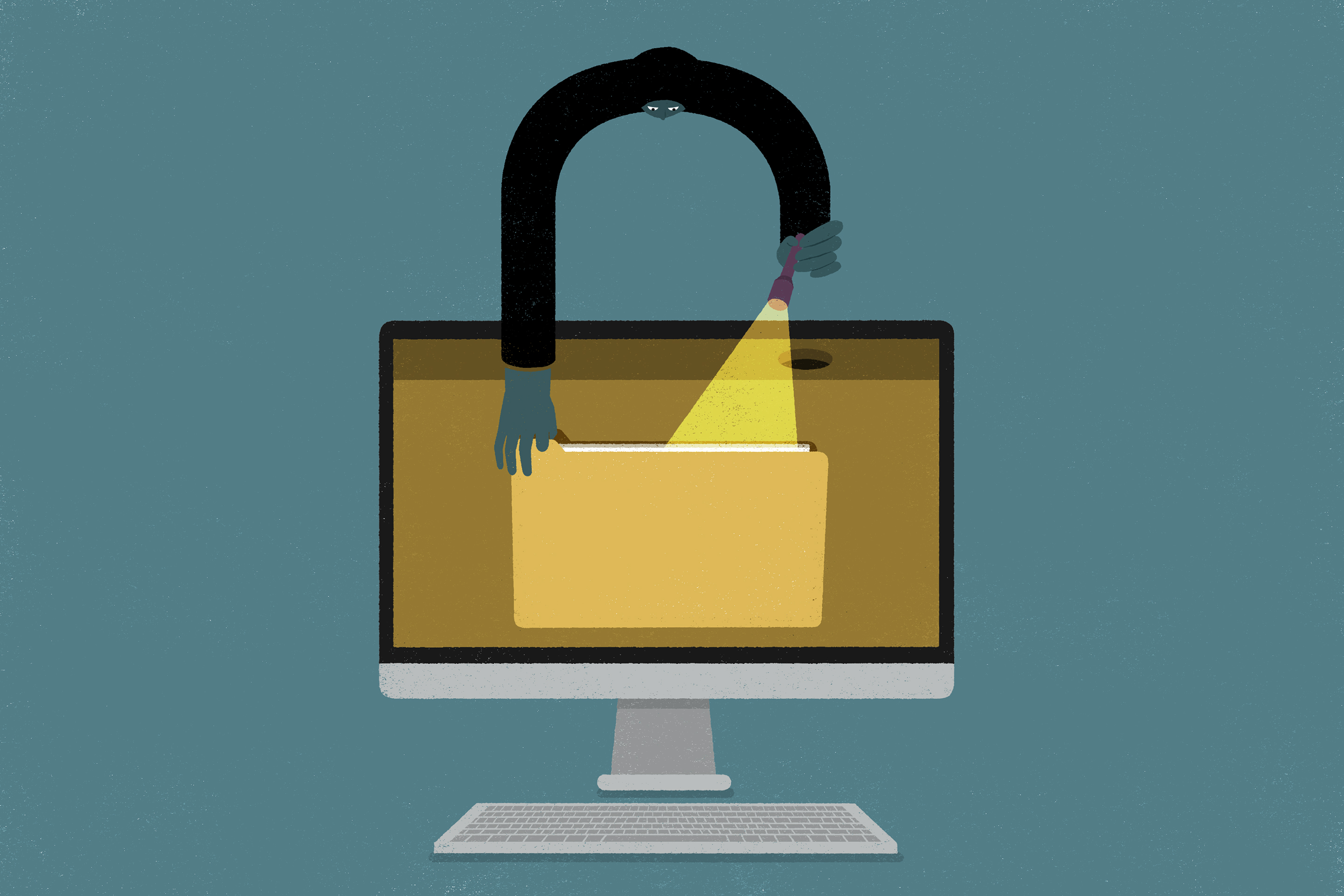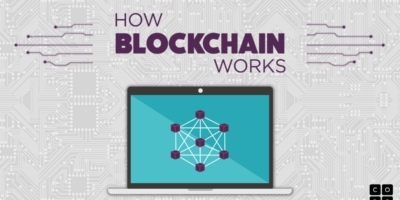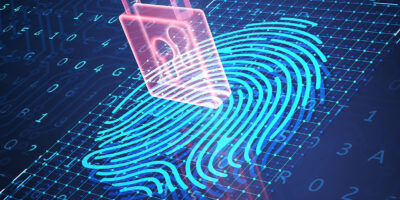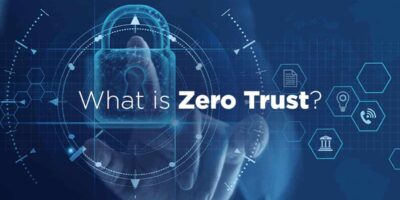
In the digital age, sharing more information is easy than you think. And with so many websites out there, you don’t have to do much digging before you’ve found yourself sharing a photo, who your favorite author is, or how many pets you have if someone were trying to steal your identity and make purchases in your name.
Use Strong Passwords
Strong passwords are always better than weak ones. Passwords are used to prevent unauthorized access to your personal information – so you should avoid using easily guessable words or names that you can find on lists of common passwords. It would be best if you also used different passwords for different services.
Install Security Suites
Malware, spyware, and viruses could steal sensitive information from your computer. To prevent unauthorized access, you should install security software that protects against these threats.
Don’t Use Public Wi-Fi
Public Wi-Fi poses a significant security risk. Your information can be intercepted and exploited by hackers using this network.
Avoid Phishing Scams
Phishing scams harvest sensitive data such as passwords, logins, or credit card numbers. The best way to avoid a phishing scam is to eliminate exposure. Don’t click on suspicious links. Only click on links or open attachments in an email if you are 100% sure who they’re from.
Use Two-Factor Authentication
Two-factor authentication is a security measure that requires users to provide two pieces of information to complete a transaction or access an account. This makes it difficult for people who have been compromised by malware and social engineers (people who pretend to be someone else) to gain unauthorized access.
Enable Cookies on Your Web Browser Only When Required
Cookies help your browser remember when you’ve logged into a site or provided information. You should enable cookies only when you need them and delete them as soon as you’re done. You should never use a web browser’s default setting to save your login credentials.
Always Check Your Credit Report
Checking your credit report is essential because it shows if someone’s used your personal information to open credit in your name. Identity thieves often get your name, address, or other personal information and then contact a credit bureau pretending to be you.


